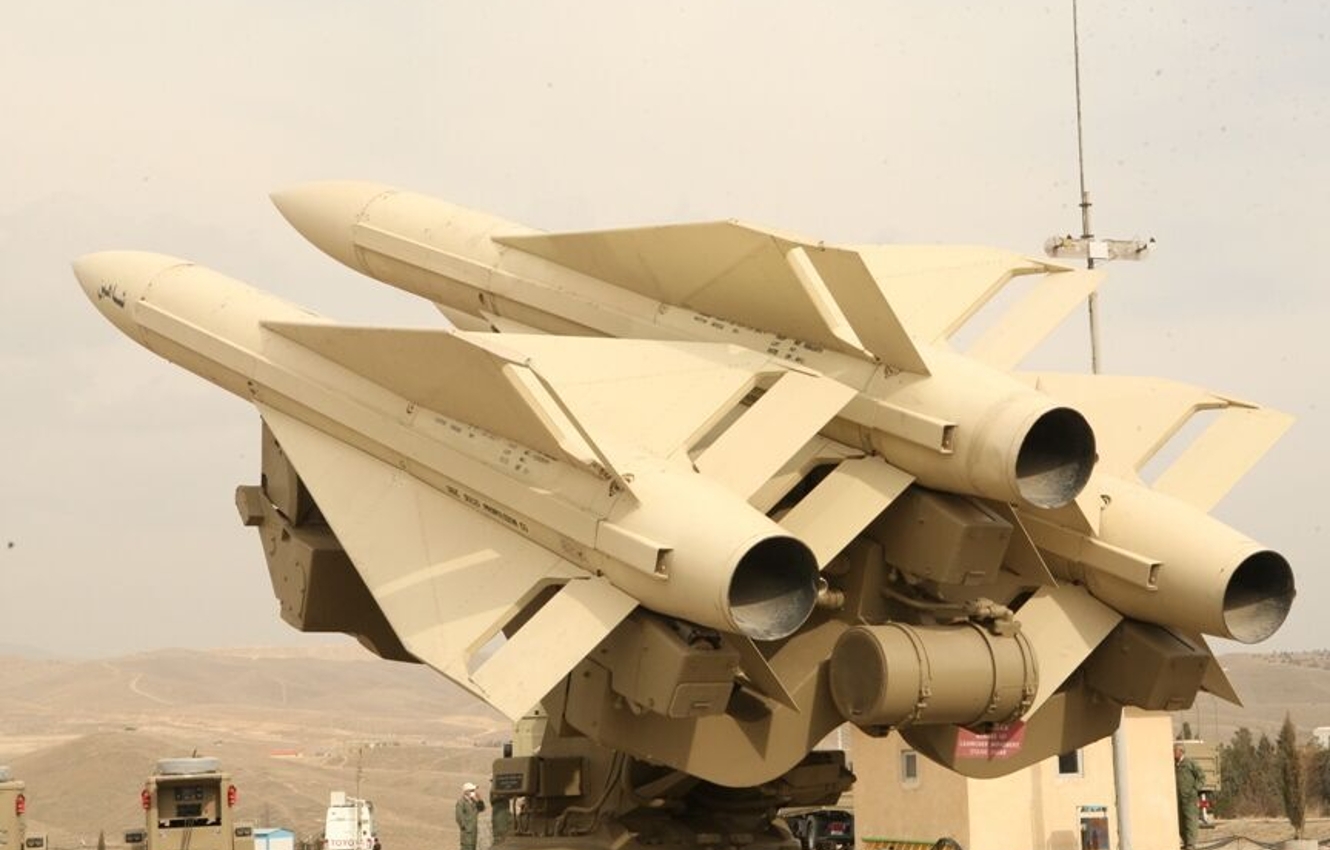Tensions between Iran and Israel have entered a new phase. In a swift and bold move, Iran has launched a new missile in direct retaliation against Israel’s attacks, marking a significant shift in both rhetoric and real-time warfare. This development isn’t just a tit-for-tat response—it signals deeper strategic intent and capabilities from Tehran.
What Happened?
Following recent Israeli airstrikes on Iranian-linked targets in Syria and Iraq, Iran responded with the deployment of a new missile system. State media in Iran claimed the strike was a direct message: any further aggression would be met with a “more advanced level of firepower.”
While both nations have a long history of proxy conflicts and indirect engagements, this latest exchange is one of the few times a new missile has been unveiled and used in active retaliation. Military analysts suggest that this marks a deliberate escalation rather than a one-off incident.
What Do We Know About the New Missile?
Although Iran has not officially named the missile model, sources close to the Islamic Revolutionary Guard Corps (IRGC) describe it as a medium-range ballistic missile with increased precision and payload capacity. Some reports indicate it may be a new iteration of the Fateh or Zolfaghar missile family—both of which are known for their agility and targeting accuracy.
Early analysis suggests:
- Range: Estimated at 700–1,000 kilometers
- Guidance System: Likely GPS-aided inertial navigation
- Payload: Approximately 500 kg of high-explosive material
- Purpose: Regional deterrence and strategic signaling
Why This Missile Matters
This isn’t just about firepower. The use of a new missile by Iran in retaliation against Israel’s attacks carries broader implications. It shows Iran’s growing confidence in its domestic weapons programs and its willingness to raise the stakes in its long-standing conflict with Israel.
In geopolitical terms, this move sends a message not only to Tel Aviv but to Washington, Riyadh, and other regional players watching from the sidelines. Iran is asserting itself as a self-reliant military actor capable of rapid technological advancement—and rapid response.
Regional and Global Reactions
Israel has not officially responded beyond reiterating its right to defend itself. However, increased air defense activity has been reported in northern Israel, and IDF sources indicate heightened readiness levels.
Meanwhile, Western analysts are divided. Some see Iran’s launch as a show of strength; others view it as a dangerous escalation that could spiral into broader conflict.
Final Thoughts
The deployment of a new missile by Iran as retaliation against Israel’s attacks isn’t just about retribution—it’s about setting new boundaries. Whether this leads to further strikes or forces both sides to recalibrate their strategies remains to be seen. But one thing is clear: the rules of engagement in the Middle East are evolving, fast.


